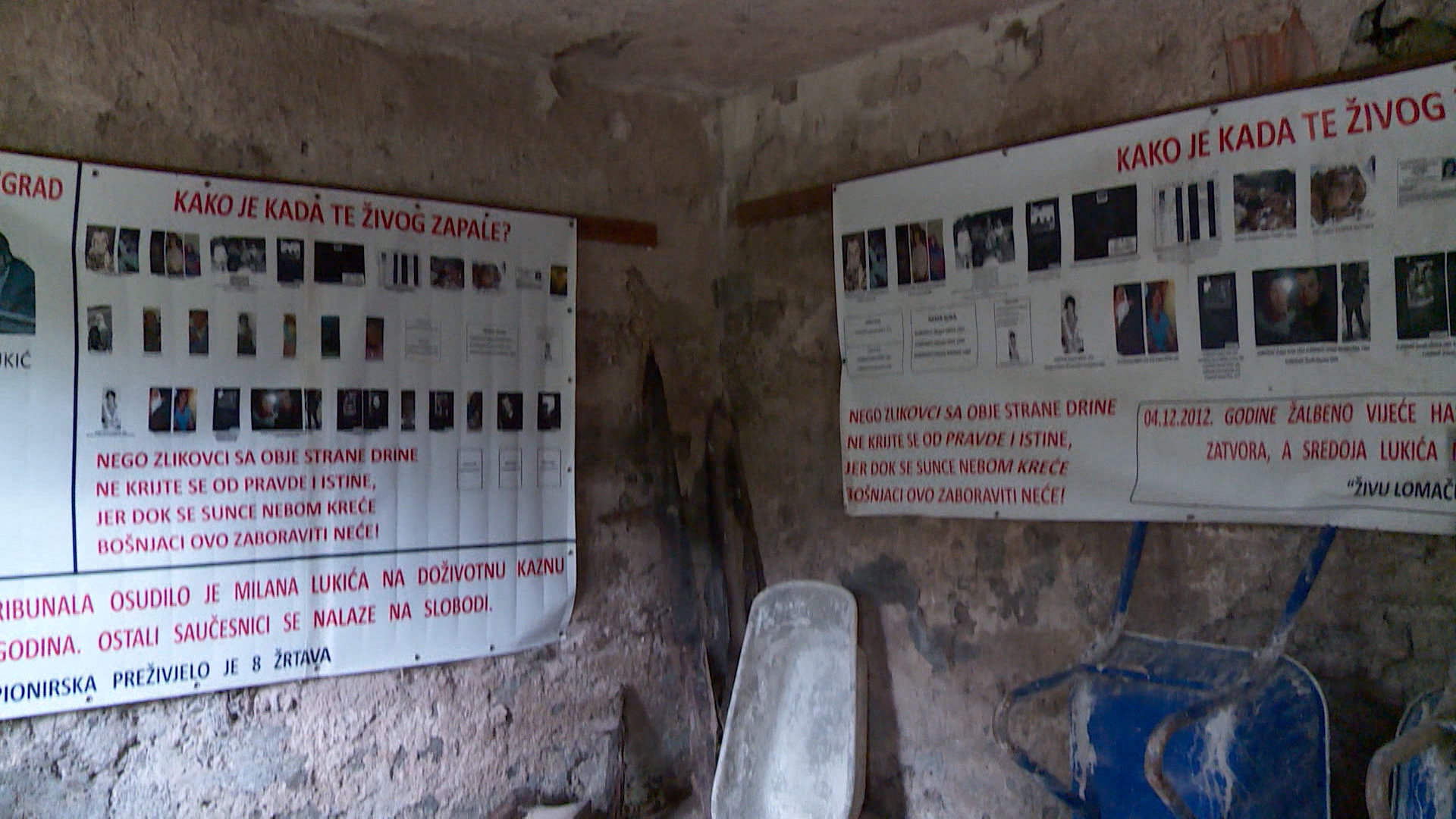
On this day 28 years ago, more than 70 civilians were burned alive by Bosnian Serb forces in the eastern Bosnian city of Visegrad, where soldiers locked up Muslim Bosniak women, children and elderly people into a house and set it ablaze.
The youngest victim was two days old and died in the arms of its mother.
Soldiers threw a hand-grenade on the house and then, from outside, shot anyone who tried to escape through the windows.
Most of the victims were from the nearby village of Koritnik, where soldiers had rounded them up, told them they were taking them to Kladanj, a town held by the Bosnian Army, and ordered them to board busses.
Instead, the victims ended up in a house in Visegrad, where they were brutally killed.
The associations “Women, victims of war,” and “Visegrad 92,” commemorate the victims every year by throwing white roses from the historic Ottoman-era bridge into the river Drina.
This year the commemoration is planned for June 27 - the day when a big number of civilians were burned alive in another house in the city.
Altogether, 130 people died this way from the hands of the paramilitary unit “The Avengers” under the command of Milan and Sredoje Lukic, both sentenced by the UN war crimes tribunal to life and to 27 years respectively.
The head of the “Women, Victims of War” association, Bakira Hasecic, told the FENA news agency that on that June 14, several of her neighbours were burned to death.
However, one woman survived the massacre and Hasecic welcomed her in her home.
Sumbula Zeba was not looking like a human being, Hasecic remembered. Her account was part of the testimony in the UN court in The Hague, Netherlands.
What Zeba then said was so horrific that nobody believed her at first.
“For at least two hours she was constantly repeating that everybody in that house was burned alive, including her child and other family members. We tended to her wounds and even today I have her image in front of my eyes,” Hasecic said, asking herself how anyone could do such a thing.
Hasecic said that Zeba’s image haunted her for a very long time and she initiated the renovation of the house in Pionirska street because of it and managed to preserve it, although authorities in Visegrad had planned to knock it down.
“That was a six-years-long battle and during the renovation, we were exposed to tremendous pressure by police, who made it really hard for us,” Hasecic said.
Her association fought also for the extradition of one of the perpetrators, Radomir Susnjar, from France.
This occurred in 2018 and Hasecic begged him during the trial to reveal the location where they had hidden the remains of the victims.
“He kept repeating during the trial that he didn’t do it. He was sentenced to 20 years and justice has been served in a way but we are still angry with other citizens of Visegrad who could know where the remains are but won’t tell us. Even if they were thrown into the Drina river, they should just tell us,” she said.
She repeated her call for anyone who would know where the remains are to come forward.
Kakvo je tvoje mišljenje o ovome?
Učestvuj u diskusiji ili pročitaj komentare





 Srbija
Srbija
 Hrvatska
Hrvatska
 Slovenija
Slovenija







